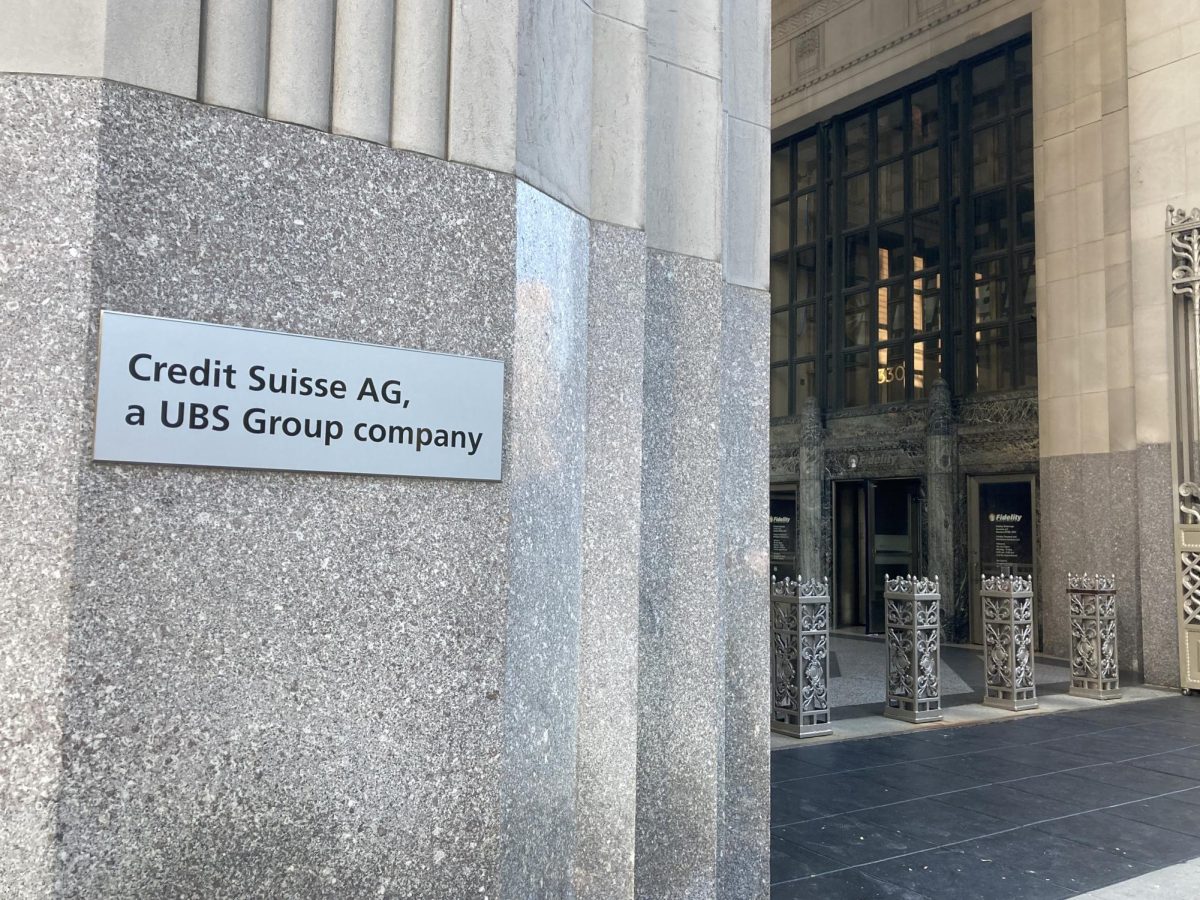UBS Group AG disclosed a record-breaking quarterly profit in its second-quarter earnings report on Aug. 31.
The Ticker previously reported that UBS would purchase Credit Suisse Group AG for $3.25 billion after the bank was revealed to be in numerous scandals and exposed to material weakness in its financials.
UBS’s second-quarter earnings report showed a record $29 billion in net profit, $16 billion in net new money, and a return on equity of 160.7 percent.
Conditionally, the Swiss investment bank announced it would fully integrate Credit Suisse’s domestic bank, planning to achieve over $10 billion in gross cost reductions and leading to around 3,000 layoffs.
“Two and a half months since closing the Credit Suisse acquisition, we are wasting no time in delivering value for all our stakeholders from one of the biggest and most complex bank mergers in history,” Sergio P. Ermotti, CEO of UBS, said in the earnings report. “We are winning back the trust of clients, reducing costs and taking necessary actions to create economies of scale that will allow us to better focus our resources and target investments for future growth.”
Ermotti stated that complete integration of Credit Suisse was the best outcome when the bank ran an analysis ensuring that “clients will continue to receive the premium level of service they expect, benefiting from enhanced offerings, expert capabilities and global reach.”
UBS’s common equity tier 1 ratio was 14.4% compared to its previous quarter’s ratio of 14.2%.
The common equity tier 1 ratio is a measure of a bank’s core equity capital compared with its risk-weighted assets and determines its financial strength.
“The underlying UBS business is seemingly not impacted by the deal,” Benjamin Goy and Sharath Kumar, analysts at Deutsche Bank, wrote in a research note reported by CNBC. “Non-core is significant but made solid progress and the CET1 ratio was strong/ahead of expectations in 2Q23. Clearly the group remains a construction site in the near term, however we believe this set of results and announcements should give confidence in the mid-term bull case, buy.”
Citigroup Inc. analyst Andrew Coombs believes that UBS’s common equity tier 1 ratio suggests that “buybacks could start much earlier than originally anticipated, in addition to the stated plans to grow the dividend.”
Before the earnings report was released, UBS announced it would end a $10 billion loss protection agreement and a $114.2 billion government-backed loan put in place during the acquisition of Credit Suisse, making the bank more financially independent from the government.
Controversy ensued when UBS initially bought Credit Suisse because additional tier 1 bondholders saw $17 billion worth of bonds wiped out, causing investors to file lawsuits against the bank and Switzerland’s Financial Market Supervisory Authority during the deal.
AT1 bonds, or contingent convertibles, can be converted into equity or written down entirely only when certain conditions are met, such as when the bank’s capital ratio falls below a previously agreed threshold.
“Our attitude on litigation was always the same,” Ermotti told CNBC. “We reach a settlement, we find solutions when appropriate and we fight where it’s appropriate. At this stage, I am pleased that we are closing a chapter.”
Despite an emphasis on the integration of Credit Suisse, Ermotti places it as the bank’s second priority and says the organization needs to focus on serving clients and looking for growth opportunities.
“Of course, looking at the integration of Credit Suisse is a big project,” Ermotti described to Jay Frame, head of corporate communications at UBS, in a post-earnings report interview.
“Everybody wants to talk about it, but the reality is that what we need to do is to continue to stay close to clients and manage our current business, both at UBS and Credit Suisse.”








